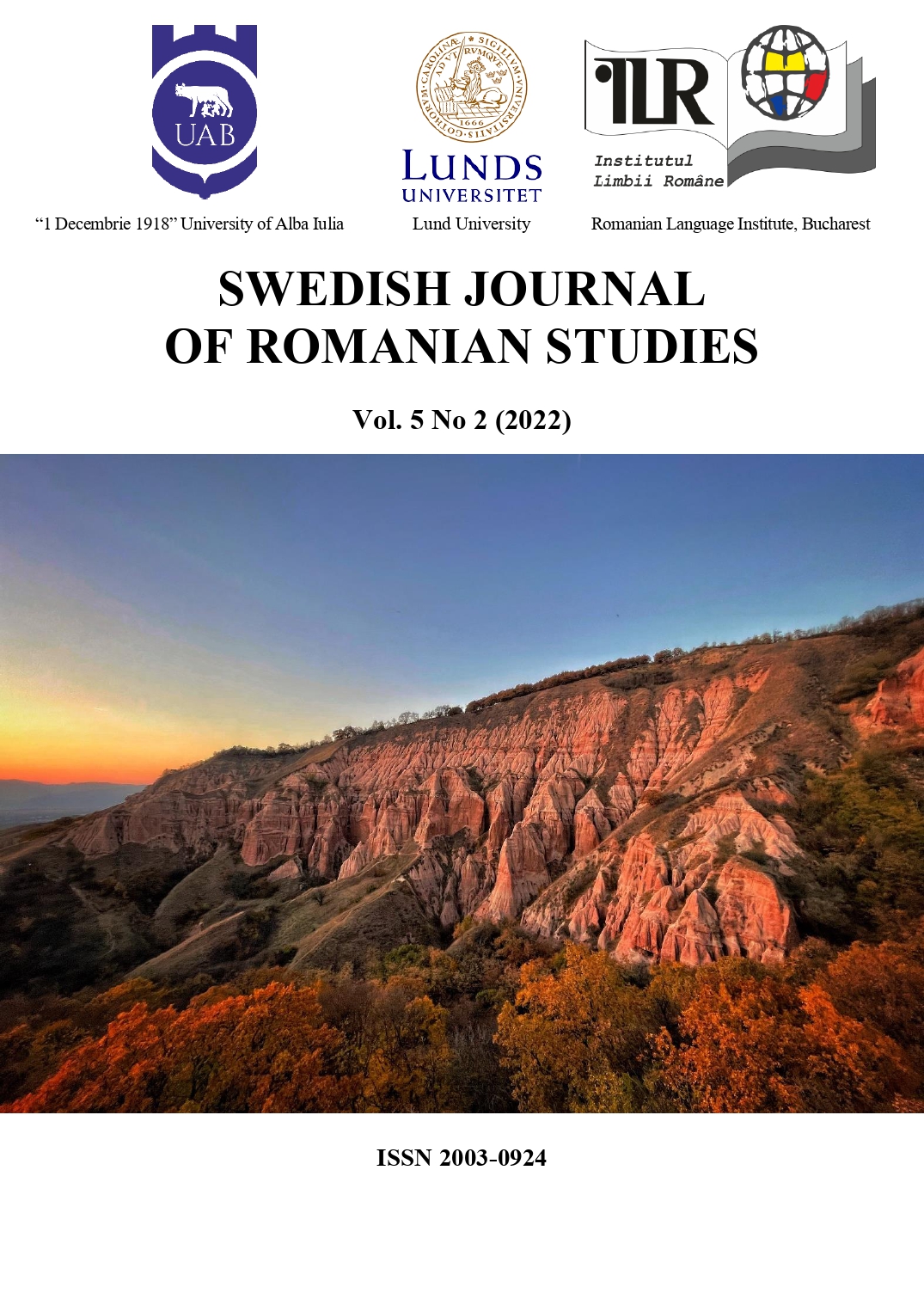Content based learning-Task based learning-Problem based learning in Teaching Romanian Language to Foreign Students
Content based learning-Task based learning-Problem based learning in Teaching Romanian Language to Foreign Students
Author(s): Gabriel-Dan BărbuleţSubject(s): Foreign languages learning, Language acquisition, Sociolinguistics, Theory of Communication, Adult Education, Higher Education , Educational Psychology, Pedagogy
Published by: Språk- och litteraturcentrum, Lunds Universitet
Keywords: content-based learning; task-based learning; problem-based learning; communicative approach;
Summary/Abstract: When talking about the process of Romanian language teaching, learning and using the Romanian language, leads us to the idea that we are faced with a considerably large number of variables. No matter what happens during the process, there is always something good to acquire and put into practice. Despite this “methodological painkiller”, boosting efficiency is the determining factor. In the practical, everyday management of classes, it is common knowledge that it is more challenging for a teacher to do something “inappropriate” than to do it “correctly”. However, considering that almost all actions count, the teachers’ exclusive attention to the process comes as a necessity. As for the rest of the process, the things we have mentioned above are to be seen in a different way. Natural Romanian usage involves fluency and one can get the impression that Romanian is not difficult to learn and activate. It is pointless to say that this is a determining factor in encouraging students to be part of the “effort”. In contrast, artificial, highly automated Romanian tends to change into a nightmare for both teachers and learners. The context of CBL, TBL and PBL is represented by Communicative language teaching. The communicative approach was developed mainly by British applied linguists in the 1980s as a reaction against grammar-based approaches like situational language teaching and the audiolingual method. Strange as it may seem, the foreign language being taught during modern/current classes tends to lose the center of attention in this context. The main focus of attention is no longer on language but on some relevant subjects. Indeed, language should not be an end but a means. In different terms, the process works mostly with message-focused activities rather than form-focused ones. When it comes to modern approaches, the term “learning” becomes a very general one, mainly biased in favor of acquisition.
Journal: Swedish Journal of Romanian Studies
- Issue Year: 5/2022
- Issue No: 2
- Page Range: 241-250
- Page Count: 10
- Language: English

